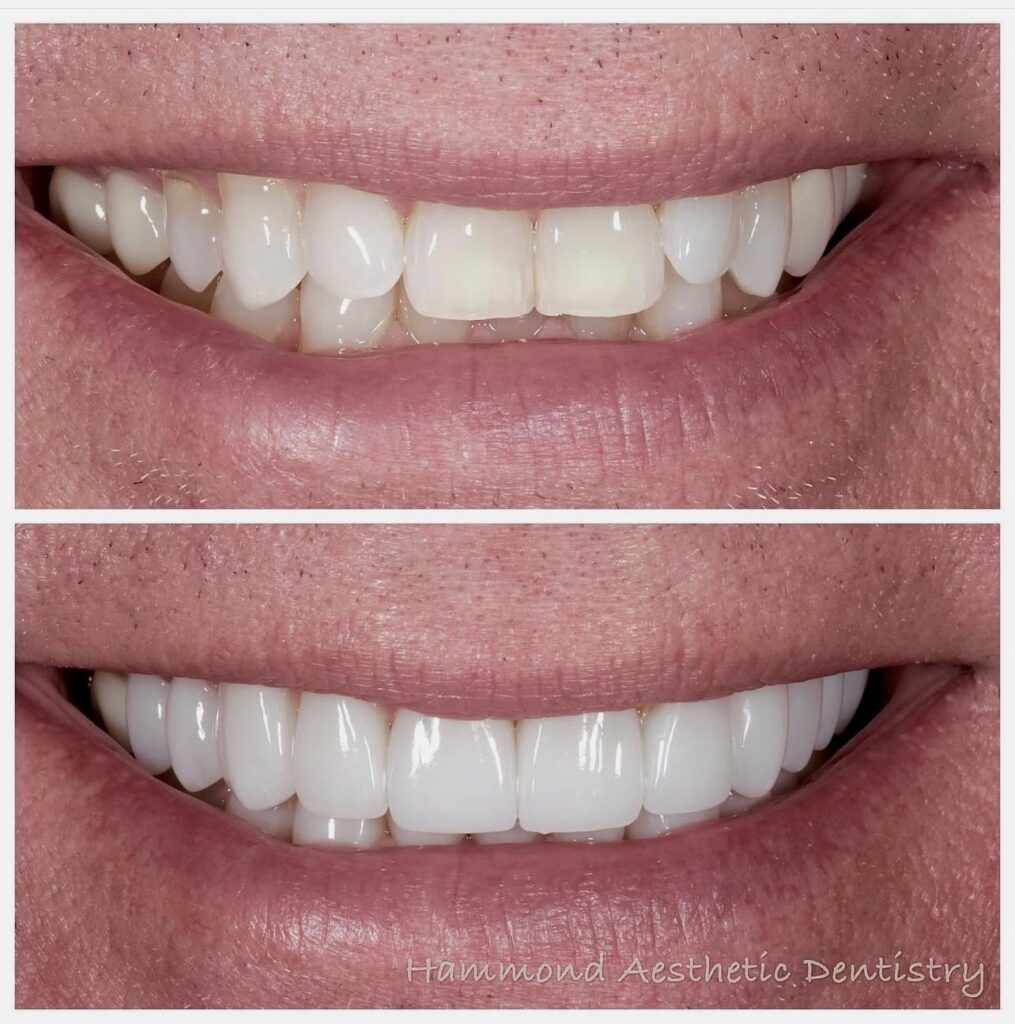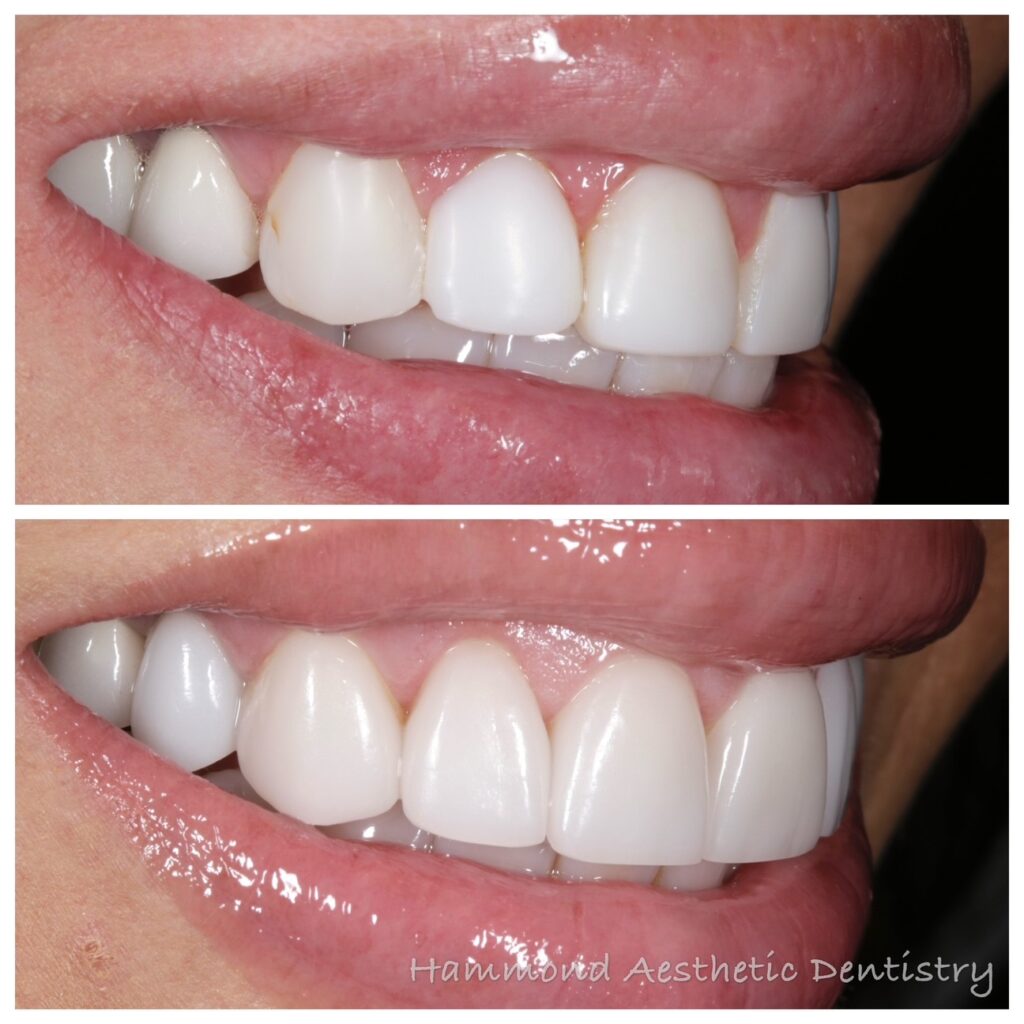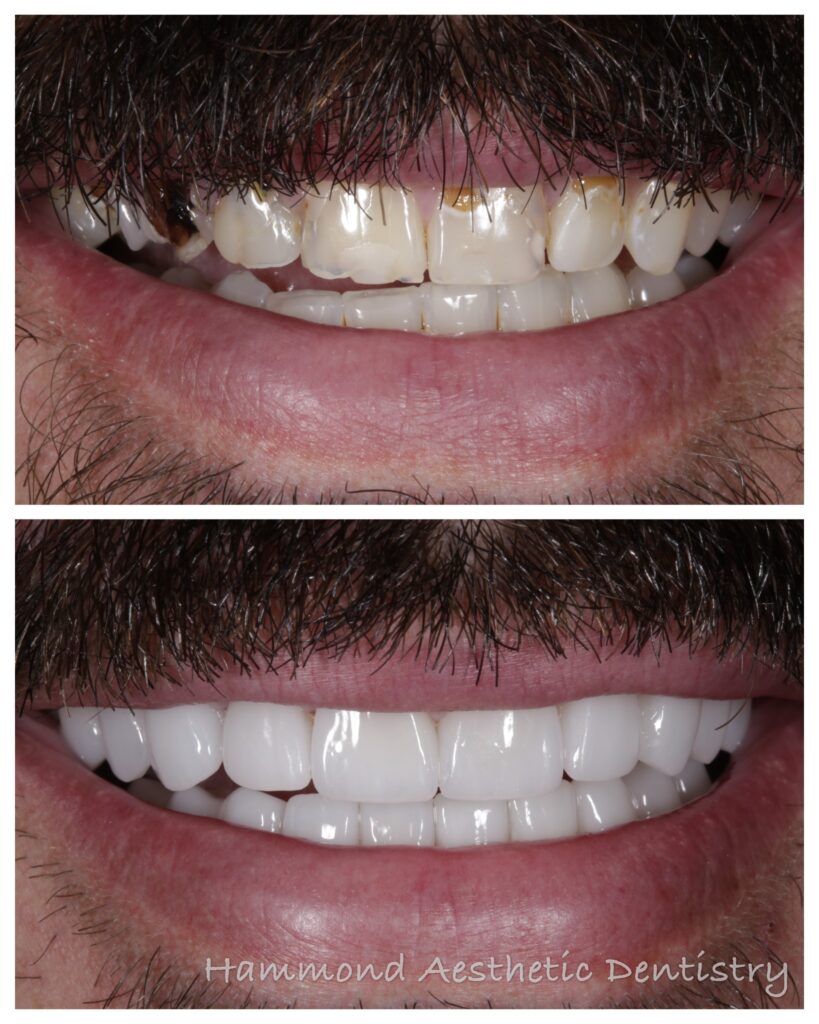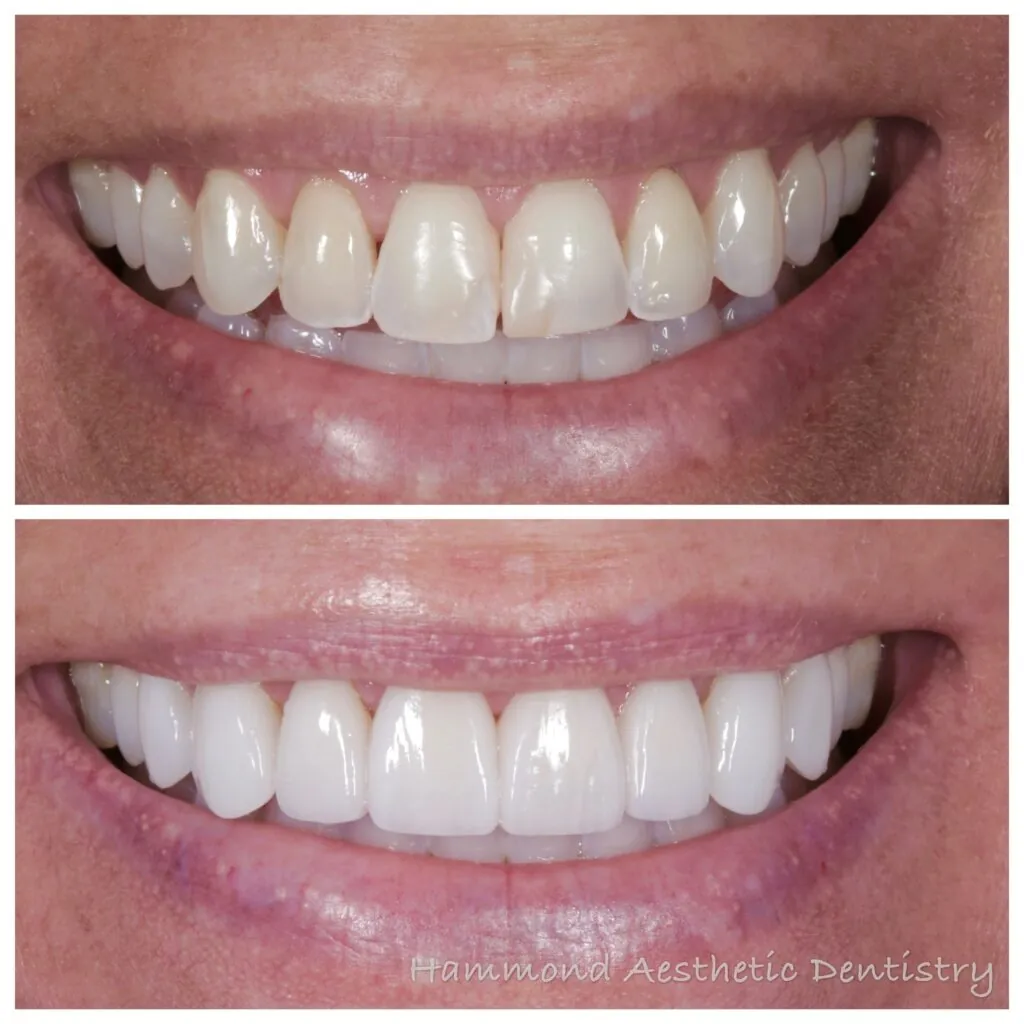What’s the alternative?
Books on alternative medicine fill the shelves at the local bookstore. Authors, gurus, doctors and “healers” work the talk show circuit. Late night television infomercials pitch the latest vitamins, herbs, diets and exercise programs. More and more, alternative medicine fights for your attention, often disparaging traditional Western medicine. What does it all mean?
In dentistry right now, the concept of alternative dentistry centers on alternatives to the array of traditional pharmaceuticals and microbial techniques used by clinicians, according to a recent article in AGD Impact, the newsmagazine of the Academy. While not all claims are accurate and few may turn out to be dangerous some alternative therapies have merit. But if you are considering any type of product or treatment that will affect your mouth, it is important to discuss it with your dentist first, urges the Academy of General Dentistry, an organization of general dentists dedicated to continuing education.
“It is important to have all the facts, and always check with your dentist before you take any medications,” says Eric Shapira, DDS, MAGD, an Academy of General Dentistry spokesperson. Often, there can be reactions between prescribed and herbal medications, so it is particularly important to get your dentist’s advice if you are currently on any prescription medication.
Some dentists have embraced a holistic approach to treatment, meaning that the mouth is treated in balance with the entire body. For example, it has been found that disease-causing bacteria in the mouth can contribute to stomach ulcers or heart problems. But a holistic approach does not necessarily mean alternative, which generally refers to oriental herbal medicine. Dr. Shapira stresses that herbs and vitamins, though sold as beneficial “natural” cures could have side effects. Always know what you’re taking, as Dr. Shapira says, “Herbs are drugs, and vitamins taken in excess are drugs, as well. Be careful.”
Herbal remedies some dentists are using:
- Oil of calendula – For mouth wounds like cold sores.
- Plant-derived amica – Can be useful to patients after a tooth extraction or after oral surgery. It responds to minor trauma.
- Valerian – To calm nervous or anxious patients who are interested in an alternative to laughing gas.
- Aloe vera – Cold sores and fever blisters. The antibacterial and antiviral effects can shrink the lesion.





